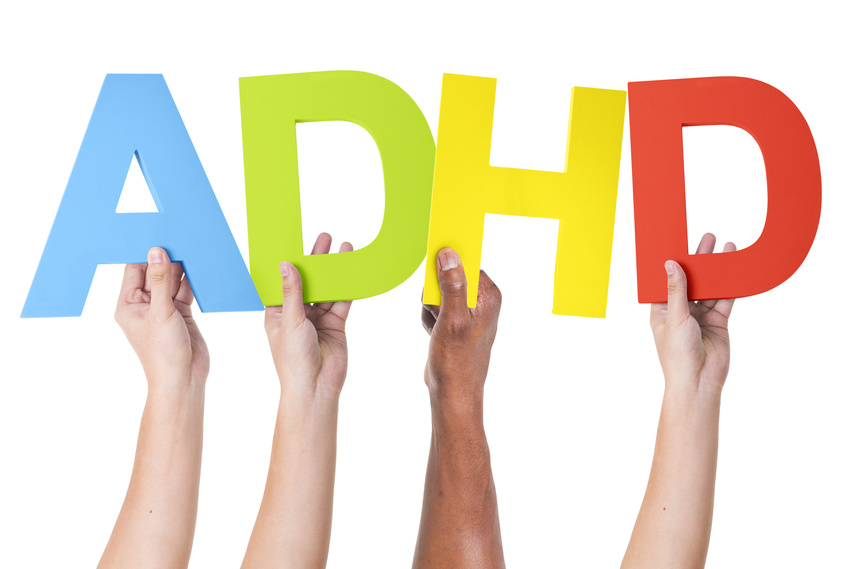 Addiction Hope is dedicated to providing timely and helpful information on the dangers of Substance Abuse as well as alcohol abuse.
Addiction Hope is dedicated to providing timely and helpful information on the dangers of Substance Abuse as well as alcohol abuse.
Drugs are a chemical substance that can be used in the prevention, cure and treatment of an ailment or disease. Often, medications can be used to help an individual’s emotional and psychological well being, and they can enhance one’s physical abilities or well being.
Medicines can help heal a person or destroy a life. They can be naturally derived from plants or synthesized in some type of laboratory. A drug addiction can ruin a man or woman’s existence. It is disappointing that many of the medications that were originally developed to help heal people will be abused and devastate the life of someone with a substance abuse addiction.
Substance abuse is when a person begins using a drug in a way other than its intended use as prescribed by a doctor. A drug addiction can be created when a man or woman continually abuses drugs in order to get high (an intense euphoric feeling). Some drugs are so addictive that someone using for the first time can become instantly addicted.
When someone has developed a drug addiction, they can build up a tolerance to the drug and need more and more of the substance to have the same effect. The person will sometimes begin smoking, snorting, or injecting the drugs so as to reach a quicker and more intense high. This leads to constant repeated use and, thus, the creation of a drug addiction.
Substance abuse addiction is outstandingly difficult to quit. Often one substance is abused with other drugs or alcohol. Sadly and frequently, substance abuse co-occurs with other mental disorders such as mood disorders, mental disorders and eating disorders.
This adds to the complexities of stopping the drug abuse. However, it is imperative that the drug addiction is ended because constant substance abuse can be deadly. Heart attacks and strokes often occur. Some of the more common drug types include opioids (heroin, morphine, hydrocodone), hallucinogens (LSD, DXM, PCP), stimulants (cocaine, Ecstasy, meth), and depressants (alcohol, Quaaludes).
Please continue reading below to see our latest blog posts on substance abuse. Under the “Substance Abuse Navigation” menu, you can click on the drop-down arrow to see evergreen, general information on dozens of individual drugs, including prescription substances.









